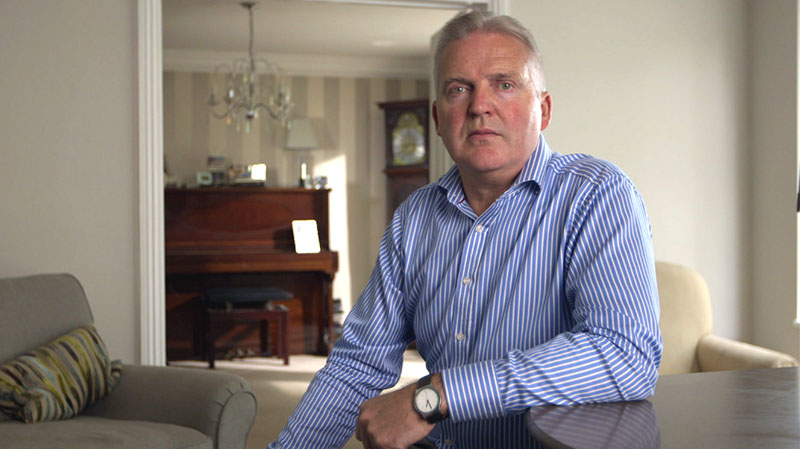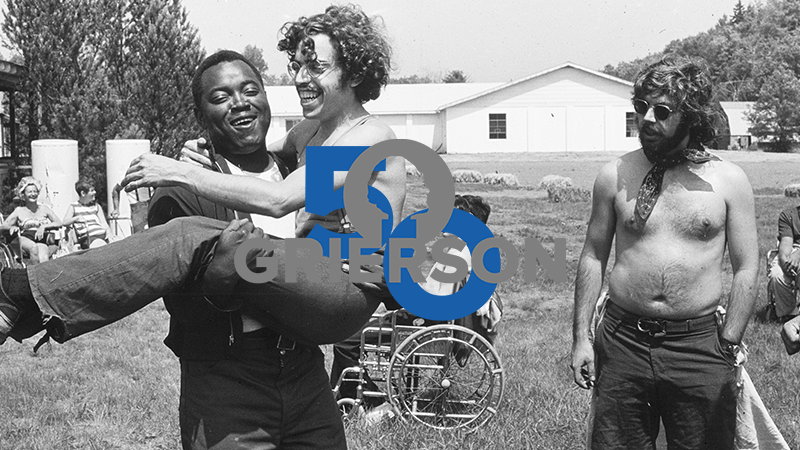October 19, 2022
John Grierson’s definition of documentary as “the creative treatment of actuality” can be found in these films chronicling both the ordinary and extraordinary to be found in personal stories.
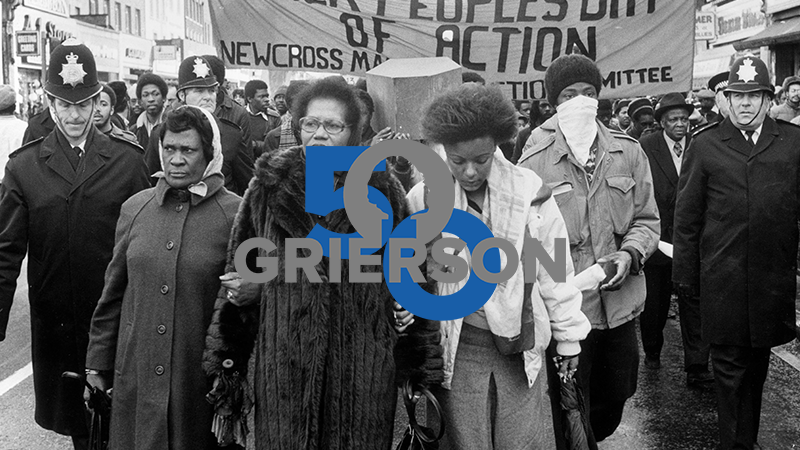
Celebrating must-see documentaries from the last 50 years. Image from Grierson-nominated Uprising.
In Three Salons at the Seaside (Watch on BBC iPlayer), Blackpool women of a certain age are front in centre, although often with their heads in sinks. Phillippa Lowthorpe’s 1994 film for the BBC gently captures the camaraderie and community of aging through the reflections of the mirrors – and of the women looking back on long lives, well lived.
Broadcast in 2007, Channel 4’s Breaking Up with the Joneses is a journey through the painful dissolution of a family unit. Director Ursula McFarlane was already filming the separated couple when serious accusations led to an escalation of the tensions. The intimate access made for riveting viewing, and led to a slew of award nominations.
In Love, Life, Death in a Day (Watch on Real Stories YouTube), Sue Bourne and colleagues fan out throughout Bristol to track the births, deaths and marriages taking place on 20 June, 2008, letting those intimately connected to the events tell their stories. Commissioned by Channel 4 as an examination of modern Britain, the film now serves as a snapshot of the noughties.
In 2001, Marilyn Gaunt examined child poverty through the story of Kelly and Her Sisters. The Bafta-winning ITV film is told largely through the perspective of ten year-old Kelly, who is worried for the health of her mum while the entire family live in unrelentingly grim conditions. Broadcast in 2001, the director returned to the family for an update 11 years later in Kelly and Her Sisters Grow Up.
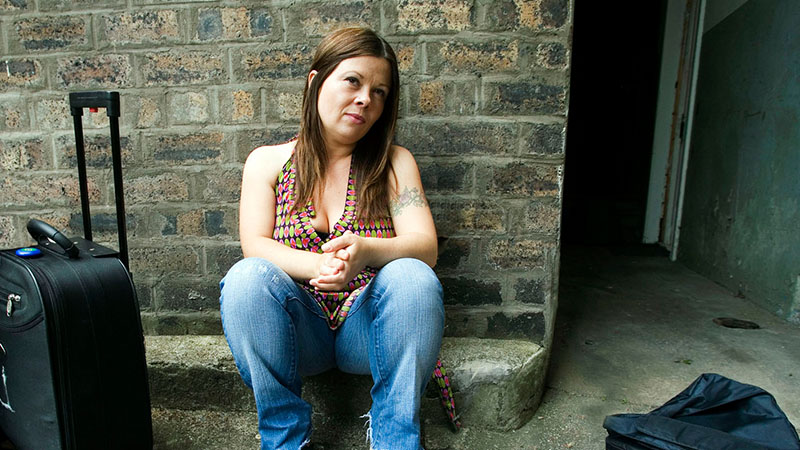
Kelly and Her Sisters: Marilyn Gaunt (2001)
Also returning eleven years later to his original subject is Nick Broomfield, who made two films for Channel 4 about the serial killer Aileen Wuornos. In 2003’s Aileen: Life and Death of a Serial Killer (Watch on Prime Video), Broomfield returns to her story, accompanied again by co-director and cinematographer Joan Churchill. Through Wuornos’ last interview they document her deteriorating mental state before her death by execution.
In the BBC’s riveting three-part series Uprising (nominated for two awards at the upcoming Griersons – Watch on BBC iPlayer), Steve McQueen and James Rogan use the detailed accounts of the eyewitnesses of the 1981 New Cross housefire, to paint a devastating, nuanced portrait of race relations in Thatcher’s Britain. Their memories are the beating heart of the series, which, as the Guardian notes “has a clear-headed determination to show the real, full, human lives of the people who died”.
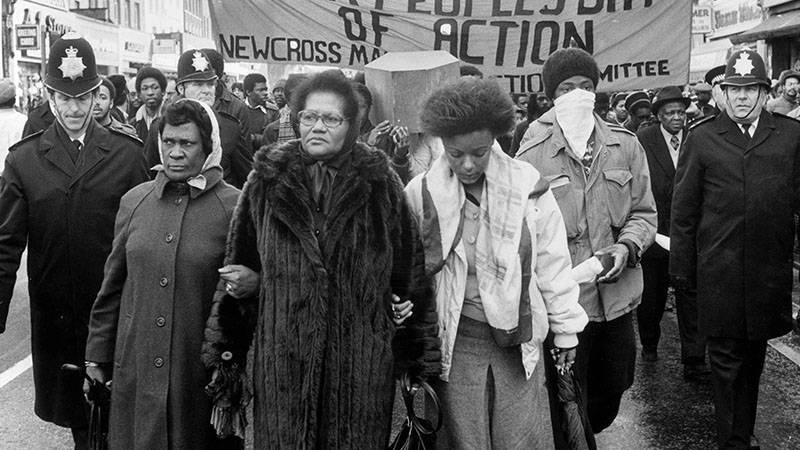
Uprising: Steve McQueen and James Rogan (2021)
How could the family of a missing boy welcome him back years later - only to find that they’ve been duped by a conman? That question lies at the heart of The Imposter (2012 - Watch on Prime Video and Apple TV), where filmmaker Bart Layton gains access to the Texan family - and the imposter himself - to weave together an extraordinary sequence of events.
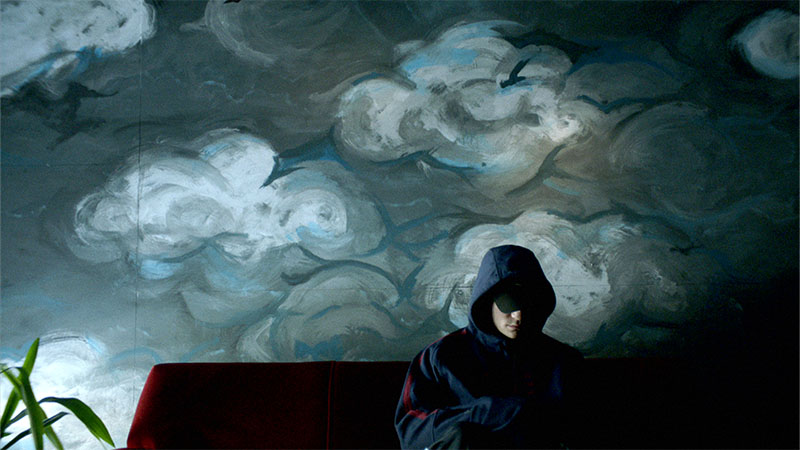
The Imposter: Bart Layton (2012)
Simon Binner allows cameras into the final months of his life in the wake of a devastating motor neurone diagnosis in the 2014 BBC film How to Die: Simon’s Choice (Watch on BBC iPlayer). Opening with images of his funeral, Rowan Deakin’s hugely empathetic Grierson-winning film examines the issue of assisted dying through the eyes of Simon and his loving but conflicted family and friends.
This is only the tiniest sliver of examples of real lives on our screens – what are your favourites? Join the conversation @griersontrust #Grierson50
